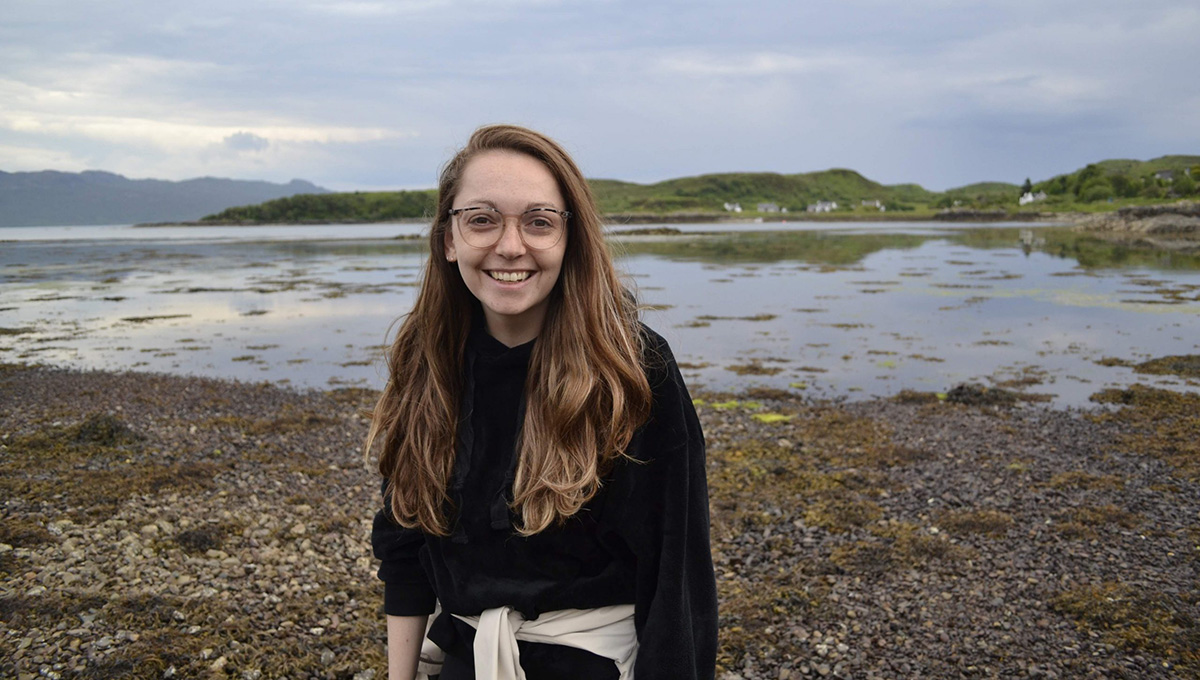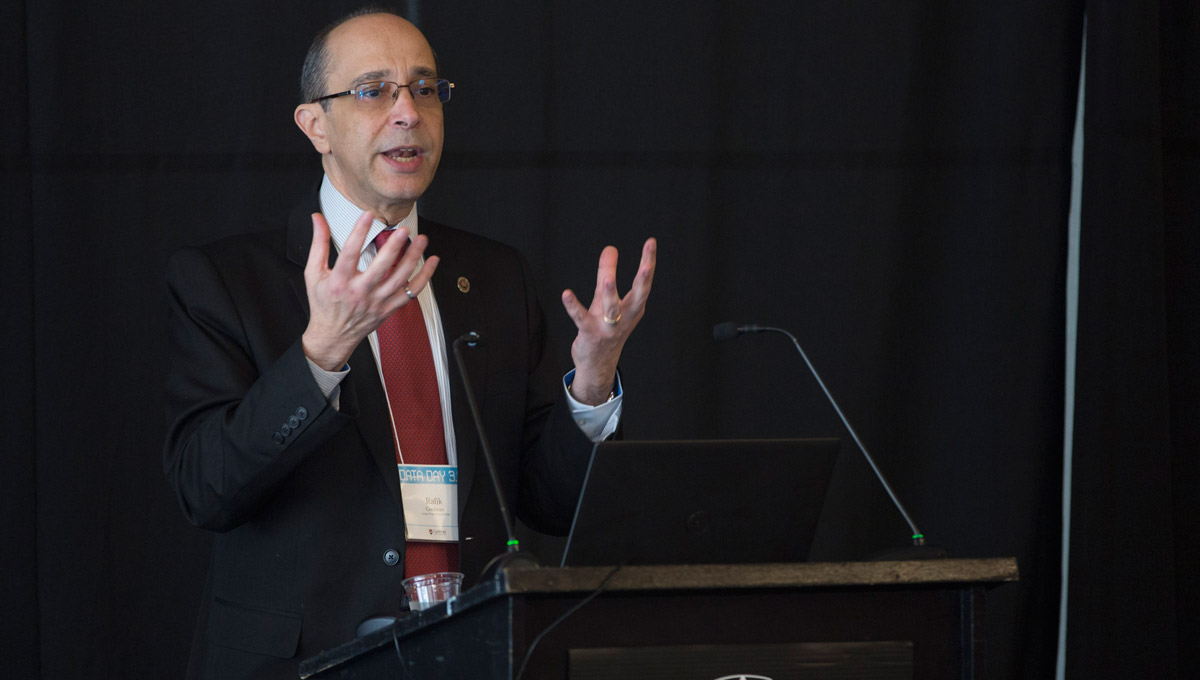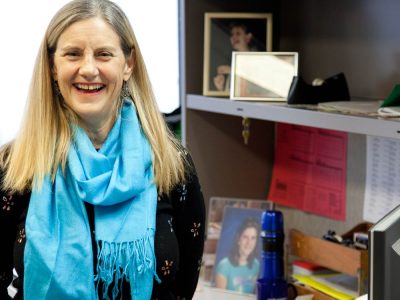By Adam Landry
On Tuesday, Oct. 20, Carleton University biomedical engineering PhD student Madison Cohen-McFarlane hosted Ingenious Talks Online: Detecting COVID-19 Through Cough Sounds.
Presented by Carleton’s Faculty of Engineering and Design, Ingenious Talks is a special speaker series that engages the community in discussions of timely and innovative ideas in engineering, design and technology.
During the talk, Cohen-McFarlane discussed her research in identifying specific cough types and the development of what may be one of the first internationally available-upon-request database of COVID-19 cough sound events, created by a team of researchers at Carleton.

Madison Cohen-McFarlane
“Prior to the pandemic and everything being locked down, I was looking into possible ways to evaluate cough sounds in terms of their frequency and severity,” said Cohen-McFarlane.
“More forceful coughs and more frequent coughing can be an indication of a worsening health conditions and being able to track and monitor this could be very helpful to health-care providers when making treatment decisions.”
Cough is an early recognizable symptom of COVID-19, which presents a set of challenges for diagnosis because coughs are also common symptoms of a variety of other medical conditions.
Drawing from her ongoing research, Cohen-McFarlane explained how the creation of unobtrusive remote audio monitoring tools for medical professionals may aid in COVID-19 diagnosis, monitoring and contact tracing and help lead to more efficient and accurate treatments, especially in this time of physical distancing.
“After the pandemic hit and everyone was working from home, one of the things I found myself doing, along with many other people I’m sure, was watching interviews with COVID-19 positive individuals,” said Cohen-McFarlane. “I noticed that many of them coughed during their interviews and thought it would make a very interesting and relevant database for rapid audio-based algorithmic development.”
Created Novel Coronavirus Cough Database
Working in collaboration with PhD supervisors Rafik Goubran, vice-president (Research and International) and Frank Knoefel, professor in the Department of Systems and Computer Engineering and physician at Ottawa’s Elisabeth-Bruyère Hospital, Cohen-McFarlane was able to create one of the first databases of COVID-19 cough sounds in the world—known as the Novel Coronavirus Cough Database (NoCoCoDa). Currently containing 73 individual COVID-19 positive reflex cough sounds, NoCoCoDa was published in the Institute of Electrical and Electronics Engineers (IEEE) Access this past August.

Vice-President (Research and International) Rafik Goubran
“Having already worked with cough recordings and realizing that medically-labelled cough data is hard to come by, I wanted to investigate if there were any interesting markers of the COVID-19 cough,” she said.
“During our analysis, we discovered that the COVID-19 cough is initially dry, similar to a cough when you have a tickle in your throat, but in more severe cases it can become more wet or productive, such as the kind of cough you get when you have a cold or flu.”
While Cohen-McFarlane and her team are still investigating cough characteristics—specifically with respect to disease progression—she explained how their findings could be used for rapid exploration and algorithm development, which can then be applied to more extensive datasets and potentially real-time applications.
“Our ultimate goal is to help older adults live independently at home by developing a system that can monitor and track non-speech human sounds such as coughs, sneezes, snores and restricted breathing,” she said. “This would have useful applications for the smart-home monitoring of respiratory health conditions, including COVID-19, that are prevalent in aging populations.”

Wednesday, October 21, 2020 in COVID-19, Faculty of Engineering and Design
Share: Twitter, Facebook



